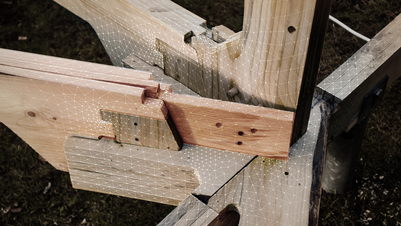Kay Fisker: Appraisals and Reappraisals
Auditorium 5
Danneskiold-Samsøes Allé 53 Copenhagen K
Until recent years, when naming internationally the Danish modern architect Kay Fisker (1893–1965), only a few connoisseurs would have responded. The aim of this symposium is to create an international platform for scholars exploring and examining through interpretive, analytical, critical, and didactic takes the work of Kay Fisker.
Since his passing in 1965, the Danish specialized audience in architecture have received several publications about Fisker’s production, while on the international scene, the representative role of Danish modernism – with a wide disciplinary take – was rather canonized around a few other names such as Arne Jacobson and Jørn Utzon.
Recently, Fisker’s work is nevertheless gaining an increasing international recognition. This includes his built work, in particular his subdued large-scale housing estates such as Hornbækhus (1920–22) and Vestersøhus (1935–39) and his public buildings for education and healthcare programmes, relating to the establishment of the Danish welfare state during the interwar and post-WWII periods such as the Aarhus University (1931–46). Moreover, not only his architectural production but also Fisker’s academic work as a professor and writer has become the topic of contemporary research projects and critical assessments, exploring his investigations into matters of typology, housing, and architectural history. Additionally, the international investigation in Fisker has matured quickly within little more than a decade, yet processes of de-canonization, specifically for a few architectural projects such as the Danish Academy in Rome (1960–67), are already emerging.
The aim of this symposium is to create an international platform for scholars exploring and examining through interpretive, analytical, critical, and didactic takes the work of Kay Fisker. We particularly seek scholarly and didactic contributions which will contribute to mapping the international state of the art of interpretations, investigations, and insights into Fisker’s production. The symposium programme comprises presentations by invited international researchers as well researchers/papers selected through an international call for papers.
The symposium is funded by the Carlsberg Foundation and hosted by the Institute of Architecture and Culture at the Royal Danish Academy – Architecture, Design, Conservation in Copenhagen, in partnership with Det Danske Institut i Rom – Accademia di Danimarca in Rome.


